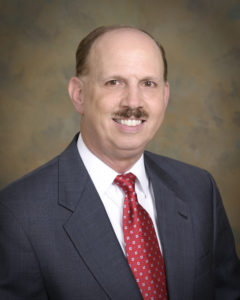Massage Therapists-You MUST Obtain License Complaint Defense Coverage Insurance
 By George F. Indest III, J.D., M.P.A., LL.M., Board Certified by The Florida Bar in Health Law
By George F. Indest III, J.D., M.P.A., LL.M., Board Certified by The Florida Bar in Health Law
I am often called on to represent massage therapists accused of sexually molesting a client during the course of the massage or for offering sex to an undercover agent. Most often, this type of case comes to us from a complaint filed with the Department of Health, the umbrella agency over the Board of Massage Therapy. Often the complaint is a made-up one or is based on mistaken identity or an incorrect perception on the part of the customer.
The tragic part of this story is that often, the case could be defended and the charges against […]



 By George F. Indest III, J.D., M.P.A., LL.M., Board Certified by The Florida Bar in Health Law
By George F. Indest III, J.D., M.P.A., LL.M., Board Certified by The Florida Bar in Health Law
 By George F. Indest III, J.D., M.P.A., LL.M., Board Certified by The Florida Bar in Health Law
By George F. Indest III, J.D., M.P.A., LL.M., Board Certified by The Florida Bar in Health Law